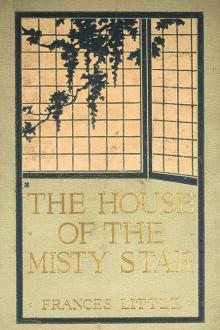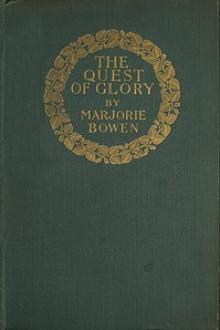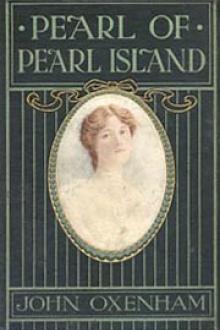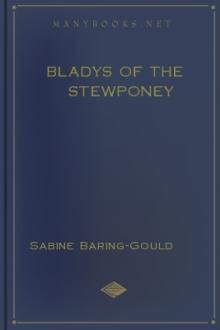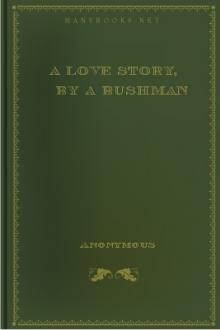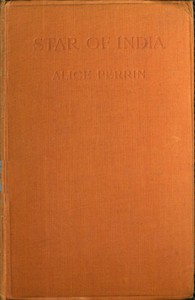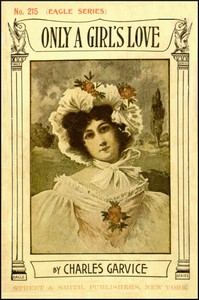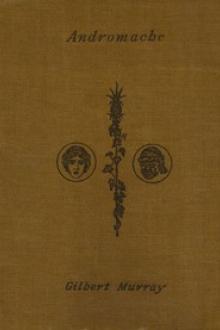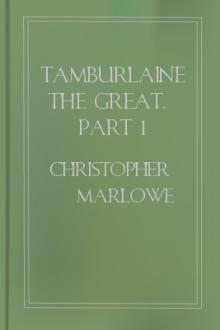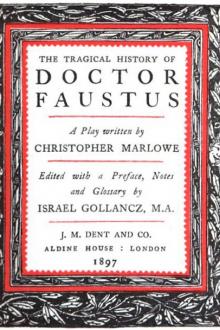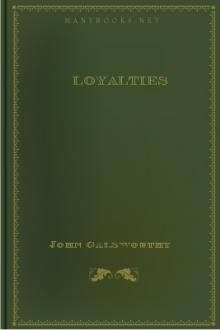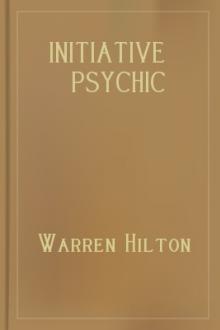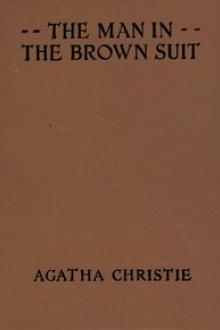Free books online - Read the best eBooks in our library!

tted; Bunyan's own title--'The Holy War made by Shaddai upon Diabolus for the regaining of the Metropolis of the World'--is altered to the feebler and more commonplace form--'The Holy War made by Christ upon the Devil for the Regaining of Man'; and, further, when a new edition was issued in 1696, the alterations and omissions of 168 4 were ignored, and a simple reprint made of the first edition of 1682.J. B. {1c} 9 October, 1905. THE AUTHOR TO THE READER Courteous Reader, I was considering with
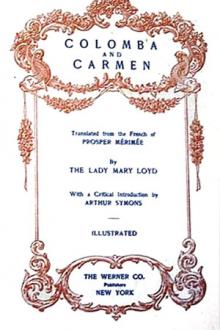
on ennemi malheureux.«Et moi aussi, dit-il, d'un ton de bonne humeur, on m'a mis en demi-solde; mais... avec votre demi-solde vous n'avez pas de quoi vous acheter du tabac. Tenez, caporal.» Et il essaya de faire entrer la pièce d'or dans la main fermée que le jeune homme appuyait sur le rebord de la yole. Le jeune Corse rougit, se redressa, se mordit les lèvres, et paraissait disposé à répondre avec emportement, quand tout à coup, changeant d'expression, il éclata de rire. Le colonel, sa pièce

ce Christians," those spurious Christians who become converted in return for being provided with rice, are just those who profit by these differences of opinion, and who, with timely lapses from grace, are said to succeed in being converted in turn by all the missions from the Augustins to the Quakers.Every visitor to Hankow and to all other open ports, who is a supporter of missionary effort, is pleased to find that his preconceived notions as to the hardships and discomforts of the open
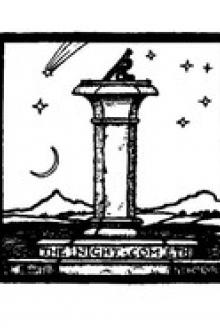
s valuable because it clearly shows what really is the origin of the idea of Space. It proves that the idea of Space is a representation of one condition of our Activity. It is because the primary work of Thought is to represent the forms of our dynamic Activity that we find the idea of Space so necessary and fundamental.But it will perhaps be argued that our ordinary sensations carry with them a spatial meaning and implication, and that indirectly, therefore, our sensations do supply us with
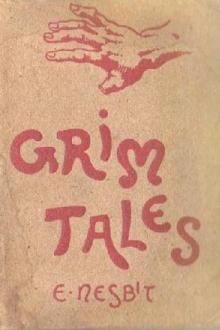
He was waiting for her, he had been waiting an hour and a half in a dusty suburban lane, with a row of big elms on one side and some eligible building sites on the other--and far away to the south-west the twinkling yellow lights of the Crystal Palace. It was not quite like a country lane, for it had a pavement and lamp-posts, but it was not a bad place for a meeting all the same: and farther up, towards the cemetery, it was really quite rural, and almost pretty, especially in twilight. But

e than any other of the owner's treasures. It was, curiously enough, to this little heap of literature that Wid Gardner presently turned.Forgetful of the hour and of his waiting cows, he sat down, a copy in his hands, his face taking on a new sort of light as he read. At times, as lone men will, he broke out into audible soliloquy. Now and again his hand slapped his knee, his eye kindled, he grinned. The pages were ill-printed, showing many paragraphs, apparently of advertising nature, in fine
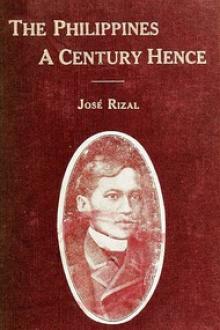
ched its climax with the insults, and the lethargic spirit woke to life. His sensitiveness, the chief trait of the native, was touched, and while he had had the forbearance to suffer and die under a foreign flag, he had it not when they whom he served repaid his sacrifices with insults and jests. Then he began to study himself and to realize his misfortune. Those who had not expected this result, like all despotic masters, regarded as a wrong every complaint, every protest, and punished it with
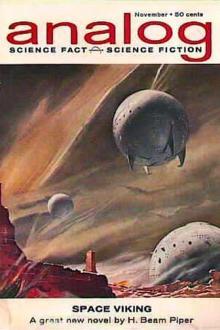
cratching his back with it. When Philip did a doubletake, however, the ear was back to normal size and reposing on its owner's tawny cheek. Rubbing the sleep out of his eyes, he said, "Come on, Zarathustra, we're going for a walk."He headed for the back door, Zarathustra at his heels. A double door leading off the dining room barred his way and proved to be locked. Frowning, he returned to the living room. "All right," he said to Zarathustra, "we'll go out the front way
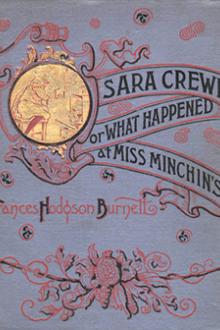
e minutes.But there had been a clever, good-natured littleFrench teacher who had said to the music-master: "Zat leetle Crewe. Vat a child! A so ogly beauty!Ze so large eyes! ze so little spirituelle face.Waid till she grow up. You shall see!" This morning, however, in the tight, smallblack frock, she looked thinner and odder thanever, and her eyes were fixed on Miss Minchinwith a queer steadiness as she slowly advancedinto the parlor, clutching her doll. "Put your doll





